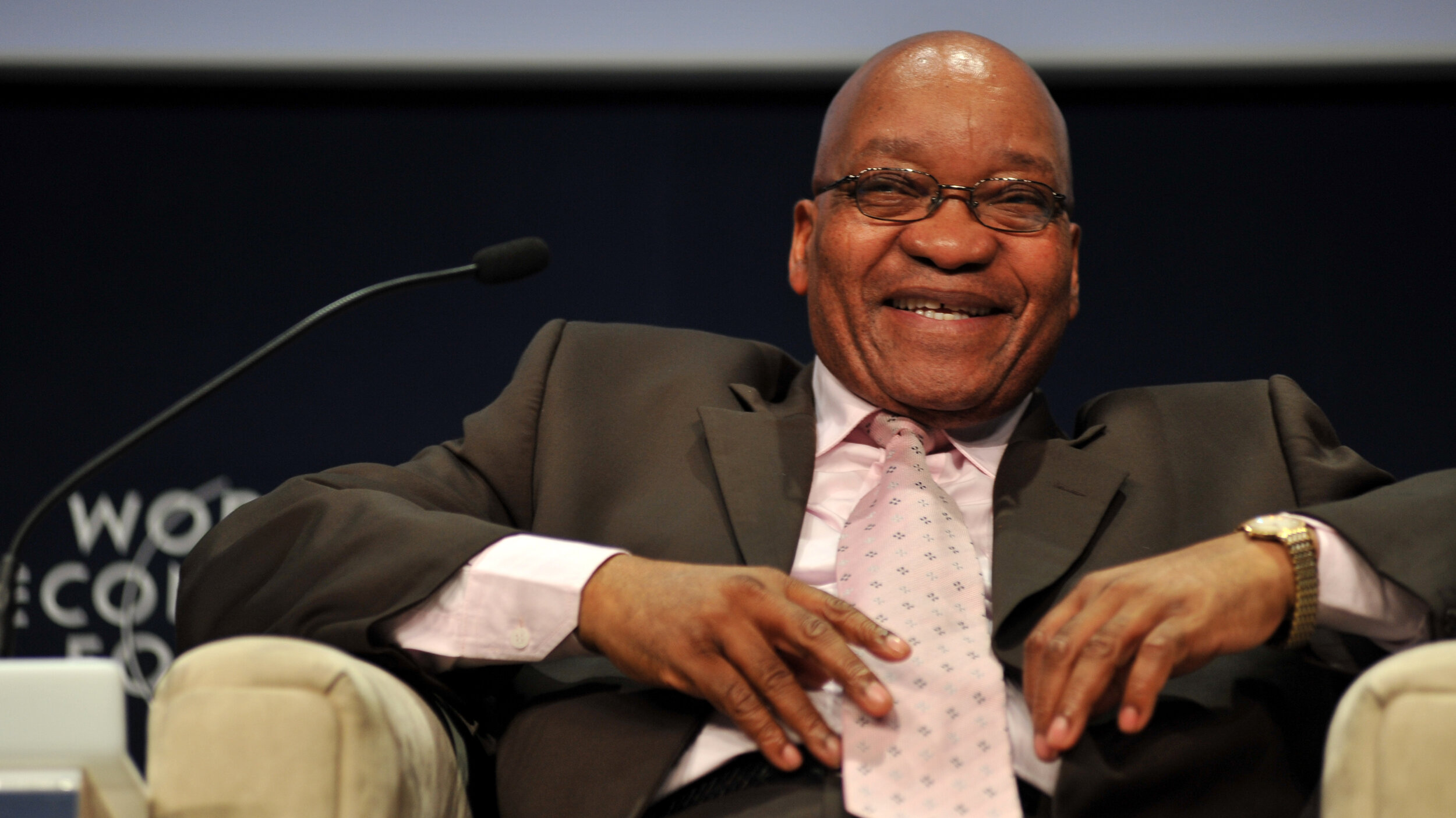El Mozote: Revisiting the U.S.’s Role in the “Worst Massacre in Modern Latin American History”
El Salvador’s government under the leadership of Nayib Bukele has engaged in some of the most authoritarian measures since the civil war, including the sabotage of an ongoing investigation into the 1981 El Mozote Massacre. The U.S. government has played an equally damaging role in preventing accountability and justice for the victim’s families.
Let’s Get Digital: Cryptocurrency and the United States Digital Dollar
As foreign governments consider releasing centralized digital currencies, the US dollar faces challenges to its global primacy.
A Fractured Relationship in A Fiery Region
Set against a backdrop of heightening regional tensions with significant global repercussions, the relationship between South Korea and Japan continues to deteriorate. The United States needs to take a more active role in the relationship, mediate a resolution, and, by extension, promote multilateral solutions to counteract China’s increasing aggression.
Make Release of Six South Koreans Detained in North Korea Top Priority
South Korea should include the release of its six illegally detained citizens in North Korea in its international agenda by using a naming and shaming strategy.
China’s Future Role in Afghanistan – Vested Economic and Security Interests and a Shifting Geopolitical World Order
The U.S. withdrawal from Afghanistan signifies an important shift in great power competition, with China poised to fill the power vacuum and the U.S. refocused.
South Korea's Strict COVID-19 Measures May Seem to Work, Yet When in Reality, They Are Futile
The South Korean government’s obstinate will to play around with social distancing measures just does not seem productive anymore. Only now, South Korea is talking about “With Corona,” how South Korea would coexist with COVID-19.
When Band-Aids Don’t Work: Ending Sexual Exploitation and Abuse by Humanitarian Aid Workers
Humanitarian action is supposed to help the people in the world who need it most, but what happens when the people tasked with helping instead cause even more harm? It is time to implement zero-tolerance policies towards sexual exploitation and abuse in the humanitarian aid sector.
The Aftermath of Intervention in Afghanistan: What Comes Next?
This article aims to analyze the intervention and abandonment of Afghanistan by U.S. forces while assessing new developments following the collapse of the government. The author makes policy recommendations for the international and U.S. response to the conflict.
From Челябинск With Love: Russian YouTube Use as an Alternative Public Sphere
Russian media content analysis often focuses on native internet sources such as VK and Yandex. Yet for activists with an eye towards Western audiences, usage of a non-indigenous platform - YouTube - is gaining prominence.
A Brutal History of Foreign Meddling in Haiti is Responsible for its Ongoing Crises
From European colonialism to U.S. imperialism, foreign powers have only ever been interested in securing their own foreign policy interests, primarily based on the extraction of wealth from the Haitian people.
Mainstream Media Framing of Post-Assassination Haiti Pushes for U.S. Intervention
Minimal and decontextualized coverage of Haitian protests prior to the assassination of Haitian president and close U.S. ally Jovenel Moïse helped safeguard his PHTK party’s catastrophic neoliberal agenda. Since Moïse’s assassination, a media flood on Haiti’s political crisis is setting the stage for further foreign intervention.
The Jaded Rainbow Nation: What Jacob Zuma’s Arrest Could Mean for South Africa’s Democratic Future
This article seeks to dissect the root of the recent civil unrest in South Africa following the arrest of former president Jacob Zuma, while examining the Zuma presidency to uncover where the widening cracks lie within the fractious African National Congress. The author argues that while some of those who participated in the violence may be frustrated with the lack of economic opportunities and failure of the ANC to follow through with its campaign promises, this insurrection was ultimately an attempt by pro-Zuma supporters to manipulate public discord for their own political purpose.
Patience Is a Virtue When It Comes to the South Korea-Japan Relationship
South Korea, Japan, and the United States should know that time and patience are of the essence when mending the severed relation between South Korea and Japan
Najaf and American Foreign Policy: Preparing for a Post-Sistani Iraq
The Najaf clerical establishment’s influence on Iraq’s political development is undeniable, requiring the United States to consider how Najaf perceives its actions.
Therefore, American foreign policy vis-à-vis Iraq should eschew militarization and instead focus on building Iraq’s governance capacity, a policy palatable to Iraq’s clerical establishment.
Whose hearts and minds? Introducing gender-transformative COIN operations
If U.S. counterinsurgency operations want to win the hearts and minds of the entire population, they should enhance gender-sensitivity by participating in the transformation of harmful gender roles and unequal power relations.
The U.S. Needs to Enforce Its Own Laws on Foreign Military Aid to Colombia
Under the control of numerous Colombian presidents, the Colombian military has taken advantage of billions of dollars in U.S. military funding to engage in systematic suppression of grassroots social movements
Stop Sending Mixed Messages to North Korea
If President Biden wants to put an end to the stalled relation with North Korea, he should refrain from sending mixed messages like his predecessors.
In Light of COVID-19, South Korea Should Overcome the Taboo of Discussing Mental Health
South Korea has been at the forefront of tracking down COVID-19 confirmed cases and caring for physical health, yet woefully lags in caring for mental health
Trade Bottlenecks for Democratic Breakthroughs
The Suez bottleneck demonstrated global fragility. America must learn and strengthen alternative routes, while supporting democratic values.
The Irreversible Decline of the Islamic Republic’s Guardianship of the Jurist Model of Shia Politics
Clerical rule in Iran faces insurmountable challenges in sustaining its legitimacy and will find itself at a critical juncture with the inevitable death of Supreme Leader Ayatollah Ali Khamenei. The United States should acknowledge and act on this development to weaken the Islamic Republic’s model of clerical politics.



















